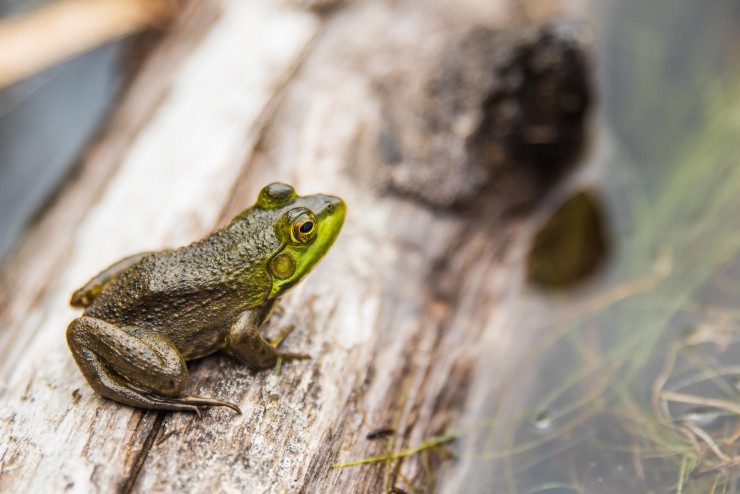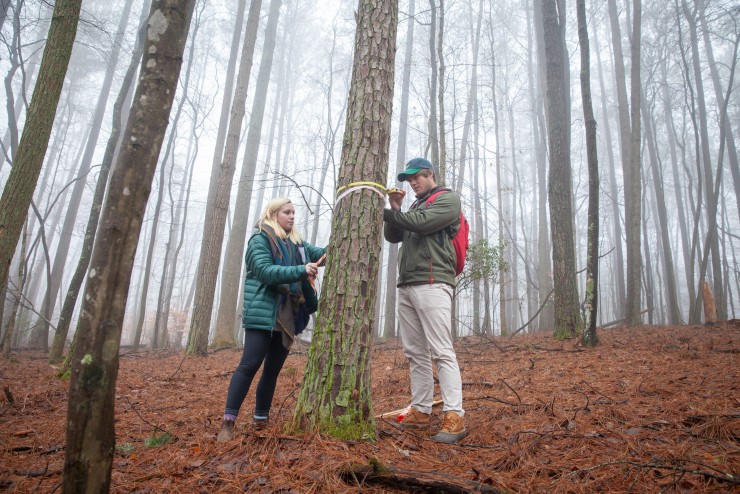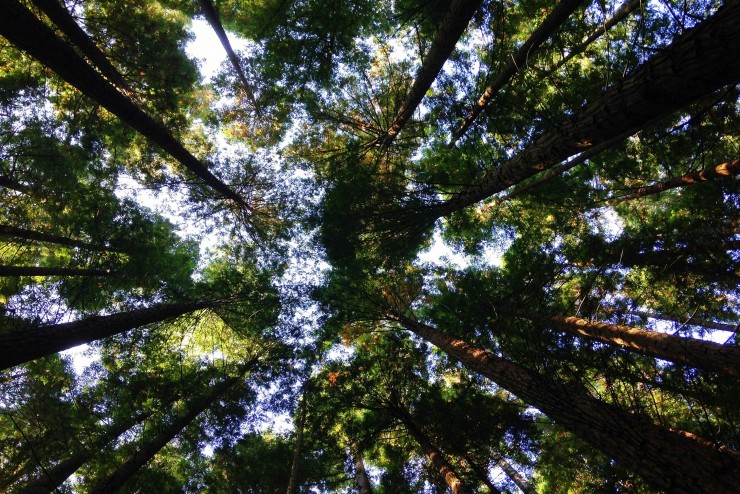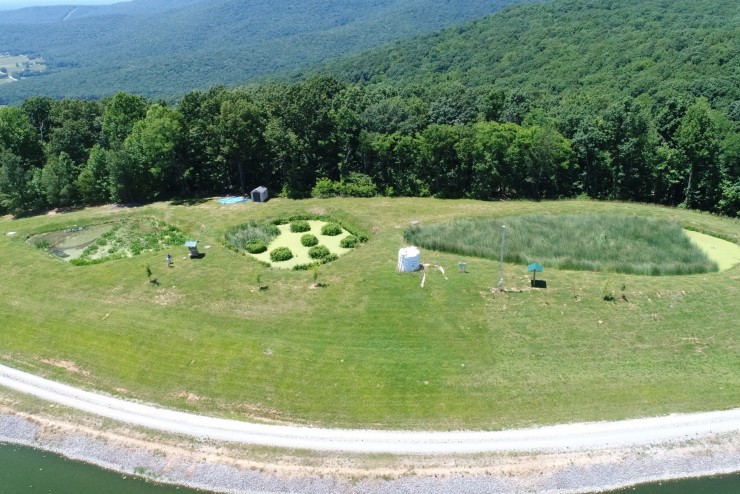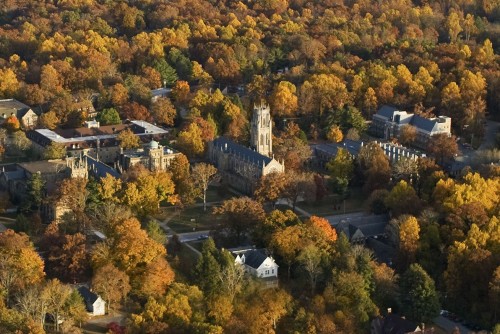Sewanee's Integrated Program in the Environment (SIPE) is one of the premier collections of environmental course offerings in the country with six majors, six minors, and a certificate.
Sewanee's expansive environmental curriculum—including natural and social sciences as well as the humanities and fine arts—offers students multiple pathways for appreciating the ecological complexity and wonder of the earth we inhabit. Students are exposed to key fields of study and develop a cross-disciplinary understanding of society, economics, and the environment. SIPE graduates are able to address the multi-faceted environmental challenges of today (and tomorrow).


